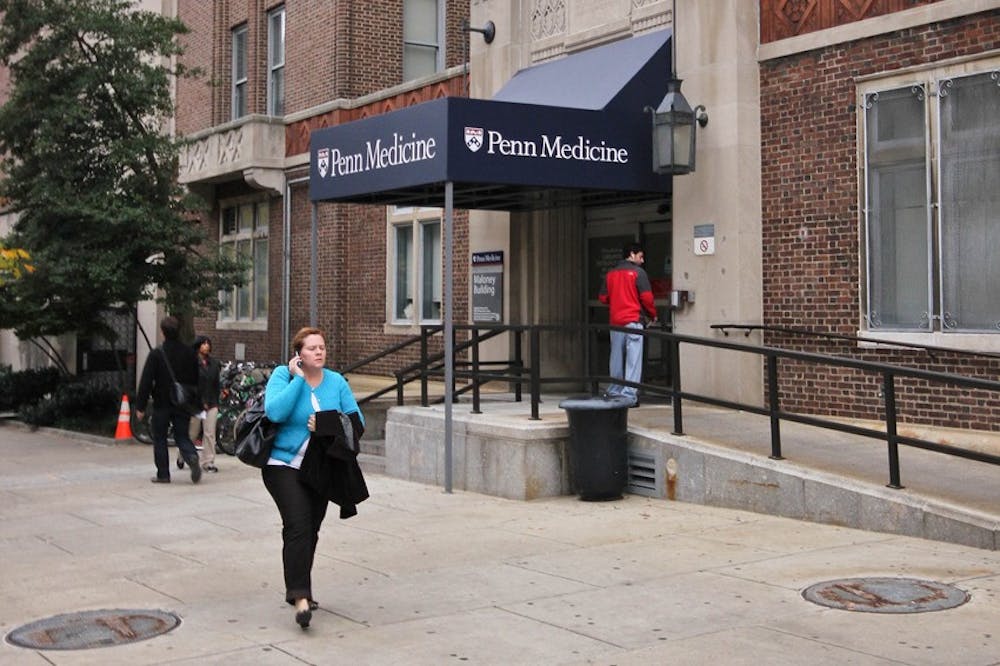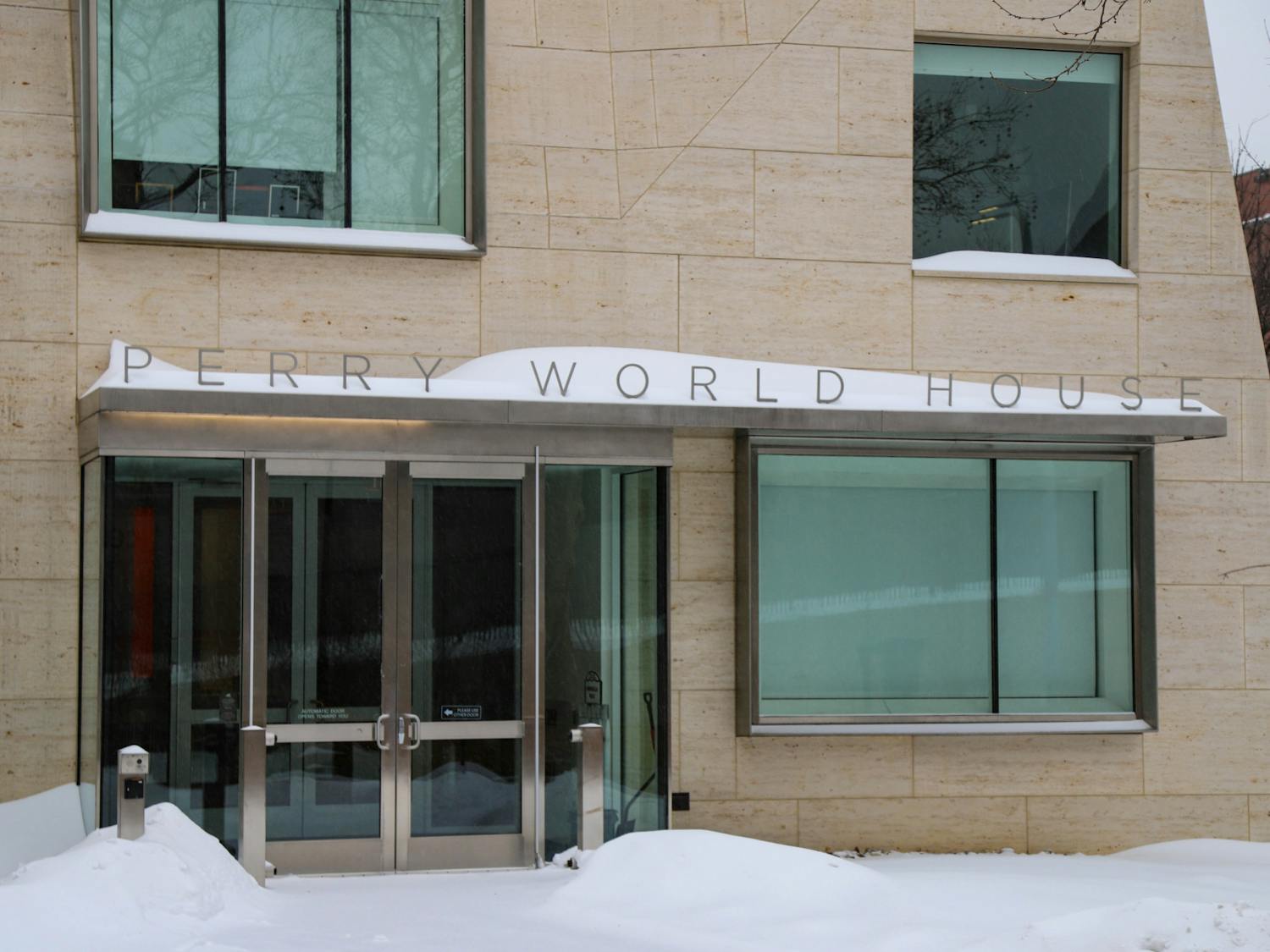Penn Medicine has launched a new initiative designed to serve as the middleman between electronic health records and clinicians, providing information clinicians would need to treat a patient in a timely way.
Unsatisfied with the current state of Electronic Health Records, healthcare professionals at Penn Med decided to take matters into their own hands. Called PennChart, the initiative will provide automated real-time updates that notify clinicians when a patient requires specific types of treatment. The current system requires clinicians to sift through often cumbersome EHRs to gather the same information.
In a message sent to employees across the organization asking for feedback and ideas, Penn Med announced the PennChart initiative and the establishment of an EHR transition team.
The message additionally outlined the development of a web app that pulls patient information from multiple healthcare databases and presents easily accessible information for clinicians. Healthcare providers can customize the information they see on the app.
In a pilot test conducted prior to the announcement of the initiative, Penn Med found that the percentage of missed doses was reduced by one-third when healthcare providers were kept updated via the PennChart, Health Data Management reported.
“We’re approaching this endeavor as if we were building a new clinical facility, laboratory, or training program with a focus on clinician and patient needs,” said Penn Health System CEO Ralph Muller to Penn Medicine News. “Everything that shapes patient care should be designed to support the best outcomes.”
David Asch, the executive director of the Penn Medicine Center for Healthcare Innovation, also said that he believes the initiative can make significant changes within the extended Penn Med community.
“We can either join the chorus and complain about EHRs or we can do that and try and do something about it,” Asch said to Fierce Healthcare. “This is a little bit of a call to arms not just for ourselves but for the rest of the community.”









